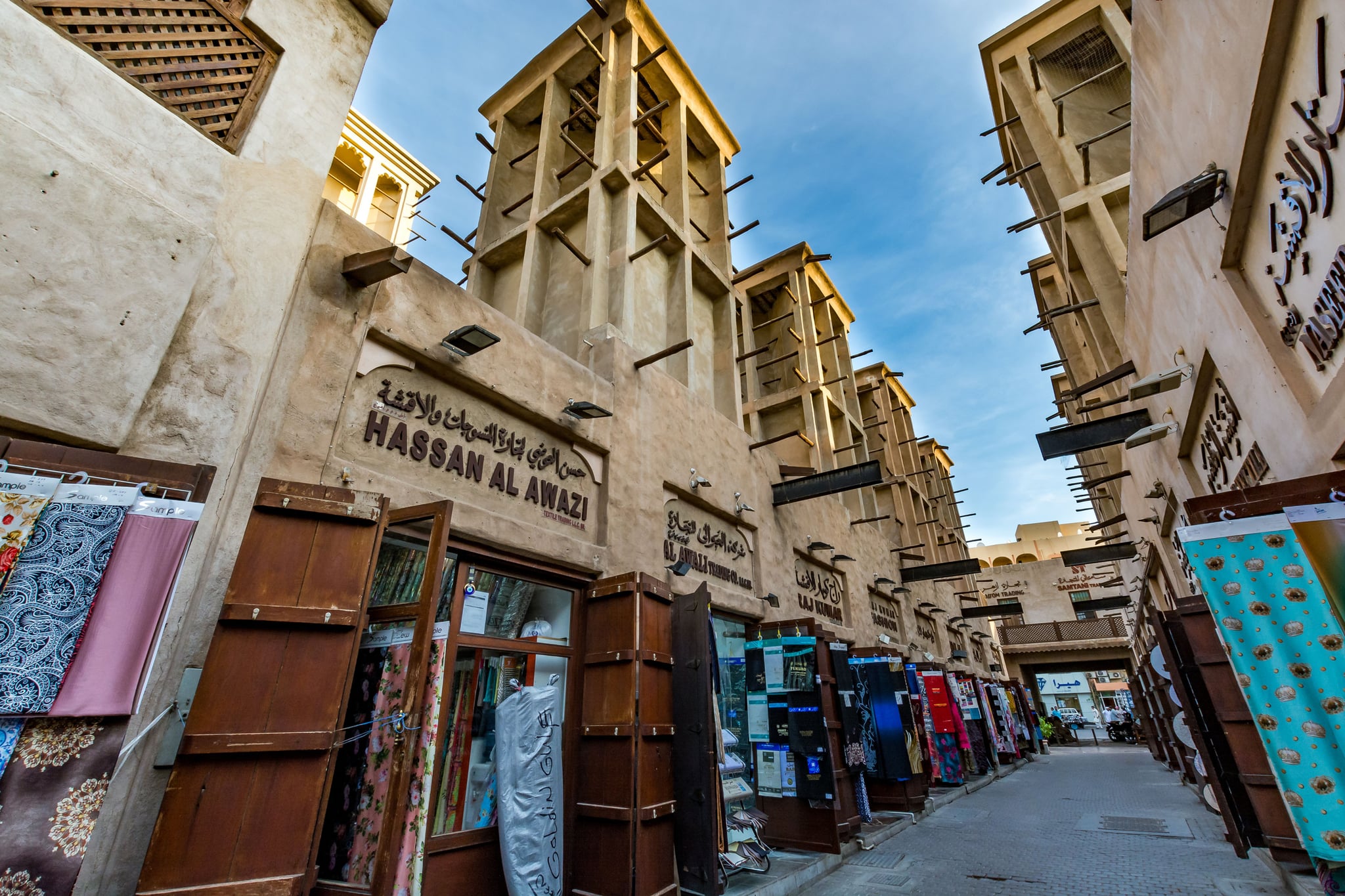
10 Popular Arabic Words You Might Not Be Pronouncing (or Even Using) Correctly
As a native Arabic speaker, i t's impressive and even gratifying to see expats speak Arabic. Sometimes, though, it's a little humorous. That's because a lot of the time, visitors and expats in the region will use certain terms incorrectly. They often mix the feminine and masculine nouns, but that's expected. We all do that with languages that we're not fluent in, and eventually you get it right. To make matters more complicated, a word or phrase used in one country to describe something will not be the same word – nor will it necessarily be used in the same context, in another country (I know, we have issues). I've decided to reward your efforts by rounding up a list of 10 commonly used words with their correct meaning and the context in which they may be used in so that you sound like a local. But first, keep in mind that every single Arab country has a different dialect (spoken language) – some quite similar and some vastly different (for example, t..
 As a native Arabic speaker, i
As a native Arabic speaker, i
t's impressive and even gratifying to see expats speak Arabic. Sometimes, though, it's a little humorous. That's because a lot of the time, visitors and expats in the region will use certain terms incorrectly. They often mix the feminine and masculine nouns, but that's expected. We all do that with languages that we're not fluent in, and eventually you get it right.
To make matters more complicated, a word or phrase used in one country to describe something will not be the same word – nor will it necessarily be used in the same context, in another country (I know, we have issues).
I've decided to reward your efforts by rounding up a list of 10 commonly used words with their correct meaning and the context in which they may be used in so that you sound like a local.
But first, keep in mind that every single Arab country has a different dialect (spoken language) – some quite similar and some vastly different (for example, the dialect in the Levant region – Jordan, Lebanon, Syria, Iraq and Palestine are alike, while the GCC region's dialect is comparable to each other but very different to the Levant). The only commonality is the written language, which is formal Arabic.
To make this simple (er), we're keeping it basic.
1) Masha'allah vs. Insha'allah (Masha-al-laa vs insha-al-laa)
Listen up, because the literal difference between these two words is so minute and yet the difference in context is huge. So, Masha 'allah means "if God wills it." It's used in response to something good happening, or in praise, or even if you don't want to jinx something (kind of like saying, "touch wood".) Eg. "Your kids are beautiful, Masha'allah". Or; "I did well in my exam" (to which the other person would respond with, "Masha'allah!").
Insha'Allah means "God willing." Insha'allah is said when you're hoping for something to happen. It refers to the future. It's like saying, I'll do my best. For example: "Insha'allah, I'll go to my mom's house tomorrow." However, it's also used as a way to escape having to give a direct yes, no or maybe answer. Eg. "Are you seeing your mom tomorrow?" To which you would respond: "Insha'allah."
2) Habibi (Hab-ee-bee)
Habibi means "my love" in the masculine form, meaning it's said to men (for women, it's "habibty (hab-ib-tee)). The problem with this word, is that foreigners use it to refer to both men and women all the time. In fact, they use it more than Arabs do! In Levant countries, it is perfectly normal for men to use Habibi to address other men. However, in the GCC and Egypt for example, it's not as common.
3) Eh vs. Shou (shoo)
"Shou" is "what" in Levant countries while "eh" is also "what" in Egyptian. "Shou" is what I call a sentence enhancer. It's is used in almost every sentence. It's used for saying: "what's up?" it's also used before the beginning of most sentences – just because they like to mess with your head. "Eh" means "what" in Egyptian. Only use "eh" when you haven't heard something someone said, or in shock (what?!).
4) Yalla (Yal-laa)
Yalla means "come on" in almost all the Arabic dialects. But is also can be used to say "hurry," "let's go", "Let's do it." Or "Okay, then." Eg: "Move it, yalla!", "Yalla, see you tonight," "Are you going tonight? Yalla, I'll see you there."
5) Aywa vs. Sah (Ay-waa, Saah)
Aywa means "yes" and "Sah" means "right" in Egyptian. To answer a question yes, you say "aywa." To concur with a statement, you say "sah." Eg: "Did you see this movie? Aywa." Or, "You've seen this movie, haven't you? Sah?"
6) Sahtein (Sah-tane)
This literally means "two healths" in the Levant countries and is said by someone offering food or being offered food, too. In Egyptian, the phrase is, "Bil hana will shiffa" (pronounced – bill-hannah-will-shiffa, meaning "with pleasure and health"). In the GCC it's "Bilafya" (bil-aa-feeya). Funnily enough, bilafya in Moroccan iRead More – Source

